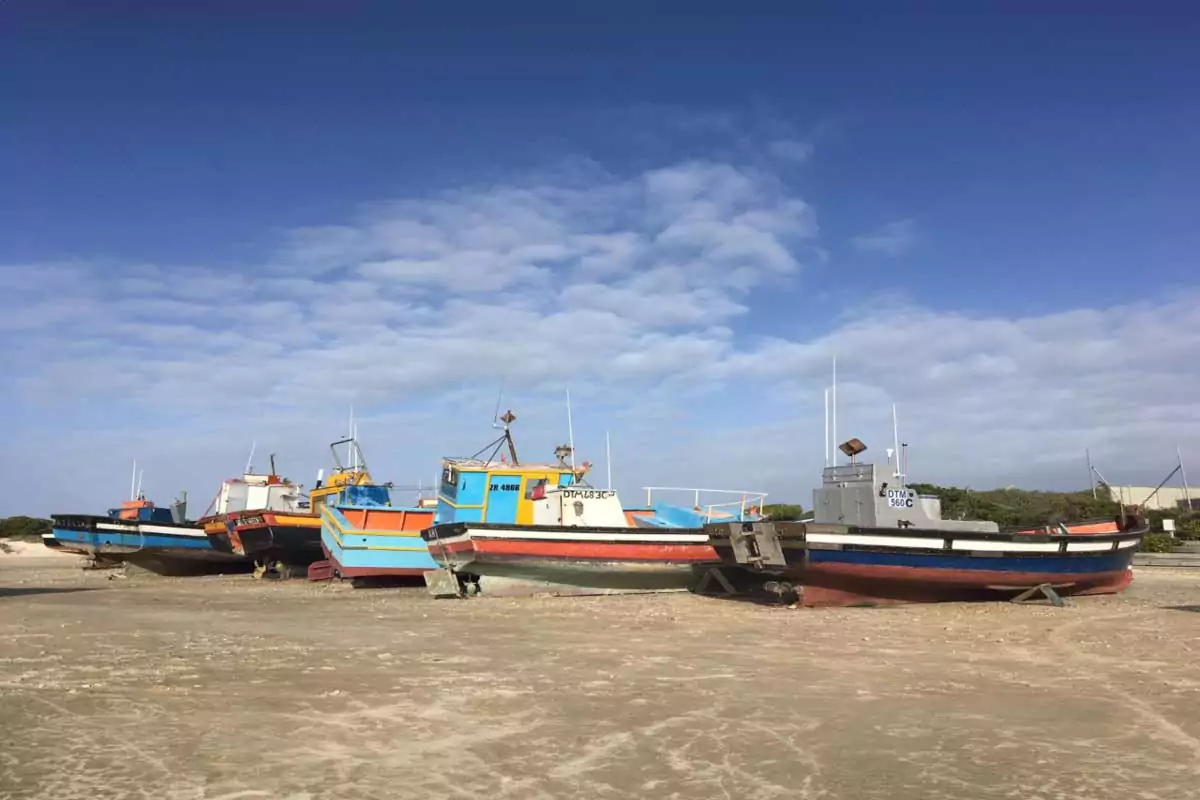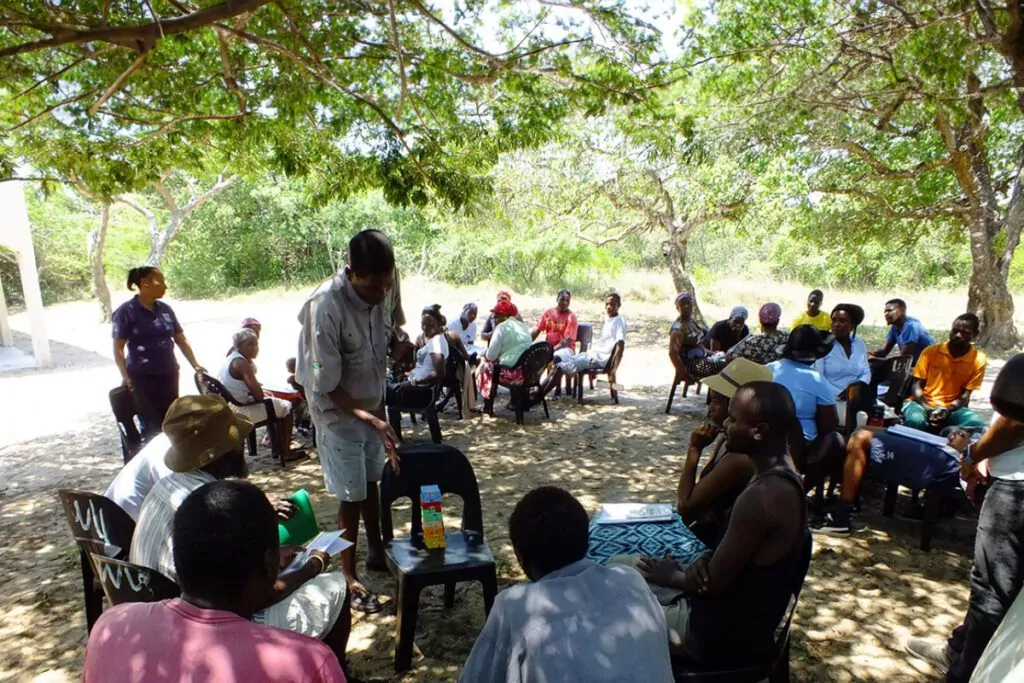COVID-19 has certainly put a damper on many of the plans for projects that we would never have expected at the start of 2020. WIOGEN had planned to host at least three in-person training events in the region during this year, and although we are disappointed that this was not possible, it has provided us with an opportunity to cover more topics and reach more people by moving our training onto online platforms. To date, we have hosted three training events but the online format provides us with an opportunity to include many more events than we had planned for and we look forward to hosting training events throughout 2021, as long as there is interest and appetite.
In October, Ken Findlay introduced us to the complex topic of ocean accounts through a webinar. Ocean Accounting is looking to provide a framework for consistent assessments that can help, for example, inform Marine Spatial Planning trade off discussions and strategy development in the context of the Blue Economy. The framework will incorporate both quantitative information and use qualitative information for relative measurements to develop trends, models and scenario planning. It meaningful integrates large volumes of data from different sectors into a consistent, comparable framework that can play a crucial role in Marine Spatial Planning, Integrated Coastal Zone Management, Integrated Ocean Management and effective ocean governance. The webinar can be accessed online on the WIOGEN YouTube Channel.
In November, WIOGEN was happy to collaborate with Alex Benkenstein (SAIIA) to deliver a two-day training workshop on the science to policy interface. This interactive and engaging session introduced participants from all over the Western Indian Ocean Region to the theory and practice of the science to policy interface and real-world examples highlighted the importance of understanding that there is no one size fits all solution. Science to Policy engagement is not baking a cake – it is catching a fish – there is no recipe to follow. The workshop was designed to be small and focus on interaction and discussion amongst participants, but Alex’s introductory presentation is available on the WIOGEN YouTube Channel. Alex reminds us to check our biases at the door, because policy makers and scientists might have different professional backgrounds, but they are all people who will require trust for meaningful engagements.
In December, Leticia Greyling of IOI-SA and Rhodes University presented an interactive training session on Stakeholder Engagement. This crucial subject underpins the success of inclusive, meaningful ocean governance processes. Leticia used real life examples to practice stakeholder identification and then explained how to effective map stakeholders and understand their interests and power in processes. This helps to develop a stakeholder engagement strategy that is meaningful and realistic.
We look forward to further interactions with members of the WIOGEN network in 2021. We have some exciting training topics planned, all of which will be advertised through the WIOGEN mailing list (to join, please complete this very quick survey) and on the WIOGEN website. Although there are challenges to overcome in the virtual world, it also presents an exciting opportunity to meet people from all over the region without having to worry about carbon footprints or COVID-19.
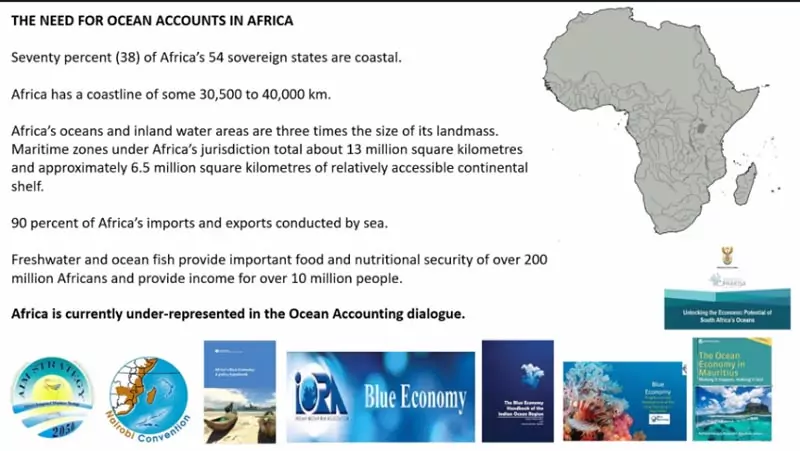
Figure 1: The importance of Ocean Accounting in Africa – Ken Findlay (CPUT) Ken is a co-author of the SAIIA publication “Ocean Accounts: A Seachange approach in ocean decision-making”.
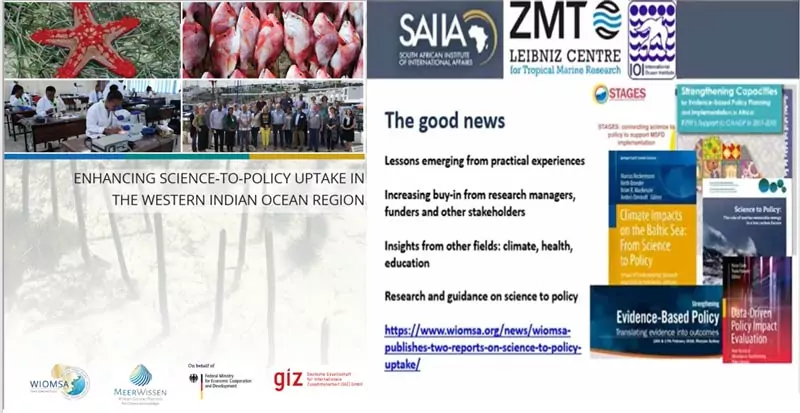
Figure 2: Navigating the science to policy interface can have its challenges but Alex breaks down some of the mental walls that prevent us from trying. Alex Benkenstein is a co-author on the WIOMSA and MeerWissen publication “Enhancing Science to Policy uptake in the Western Indian Ocean”.
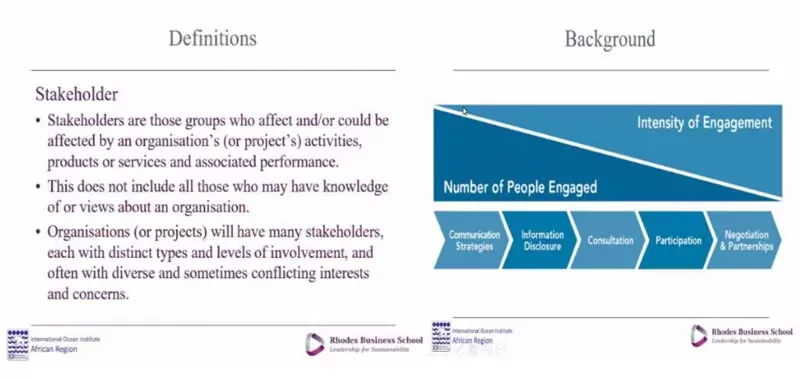
Figure 3: Leticia Greyling is interim co-Director for IOI-SA and responsible for our Sustainability Integration in the Rhodes Business School MBA program

